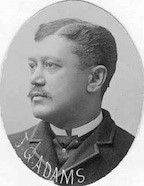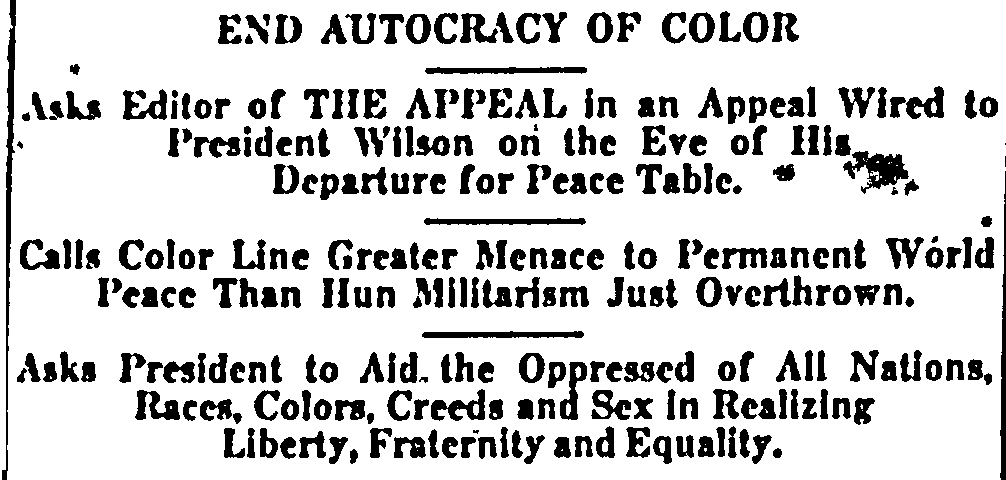Mixed marriages are changing the way we think about our racePosted in Asian Diaspora, Census/Demographics, Latino Studies, Media Archive, Politics/Public Policy, United States on 2016-02-17 19:27Z by Steven |
Mixed marriages are changing the way we think about our race
The Washington Post
2016-02-17
For all the talk about immigrants refusing to embrace American ways — a defining controversy of this GOP presidential race — the evidence has been scant.
The National Academies of Sciences deflated most of the myths in a definitive report last year. Today’s immigrants are more educated and better English speakers than their predecessors, and they are far less likely to commit a crime compared to the native-born. They are quickly becoming part of American communities.
In fact, new immigrants may be assimilating a lot faster than than we had ever thought. A new study this week from economists Brian Duncan, of the University of Colorado, and Stephen Trejo of University of Texas, Austin finds that the descendents of immigrants from Latin-American and Asian countries quickly cease to identify as Hispanic or Asian on government surveys.
According to the authors, these are mostly children of interracial couples that aren’t writing down their diverse heritages. Mixed marriages are increasingly common in America — Pew finds that about 26 percent of Hispanics marry a non-Hispanic these days, and 28 percent of Asians marry a non-Asian. To accommodate this trend, government surveys now allow you to check multiple boxes for your race and ethnicity.
But it turns out that many aren’t doing that…
Read the entire article here.




